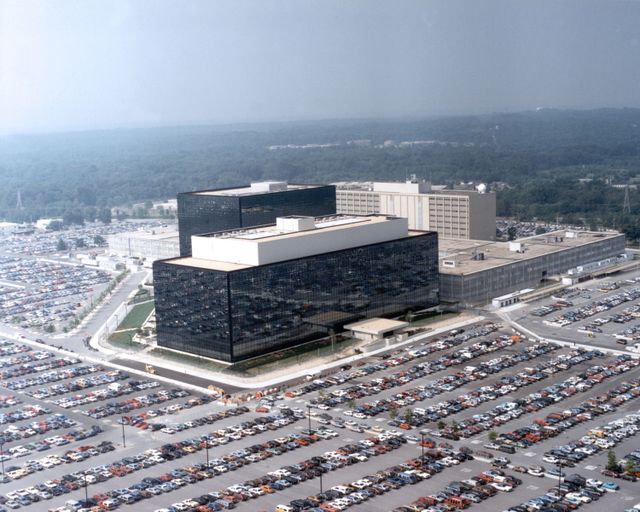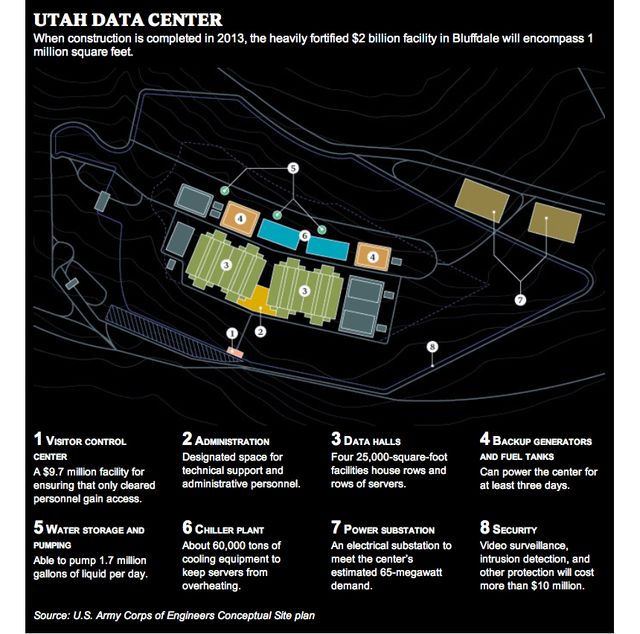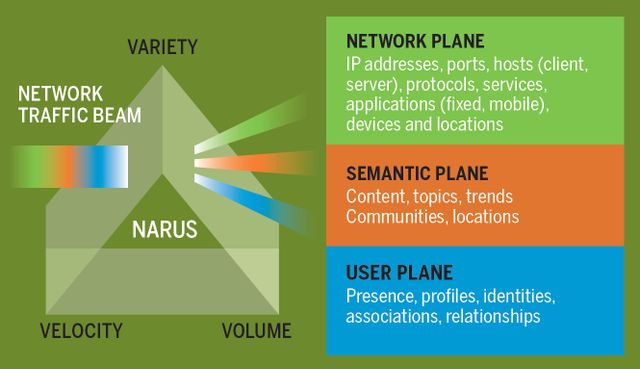"Today, as a subsidiary of Boeing, the latest generation of Narus systems is capable of "deep packet inspection," the ability to distinguish between different planes within the data flow, and examining Internet traffic as it passes through the 10-gigabit-per-second cables at the speed of light. According to former NSA intelligence official William Binney, the NSA has these systems installed at "10 or 20" switches around the country, and they are managed remotely from Fort Meade. Binney says the NSA is challenged with what to do with the 20 terabytes of intercepted data being captured each minute." from The NSA's cyber-surveillance technology: Infrastructure of a police state (see below)---------- Forwarded message ----------
From: Socialist Equality Party <sep@socialistequality.com>
Date: Wed, Jul 3, 2013 at 6:45 AM
Subject: Edward Snowden: Planet without a visa
To: "rferrisx@gmail.com" <rferrisx@gmail.com>
---------------------------------------------------------------------------
Date: Wed, Jul 3, 2013 at 6:45 AM
Subject: Edward Snowden: Planet without a visa
To: "rferrisx@gmail.com" <rferrisx@gmail.com>
| ||||




